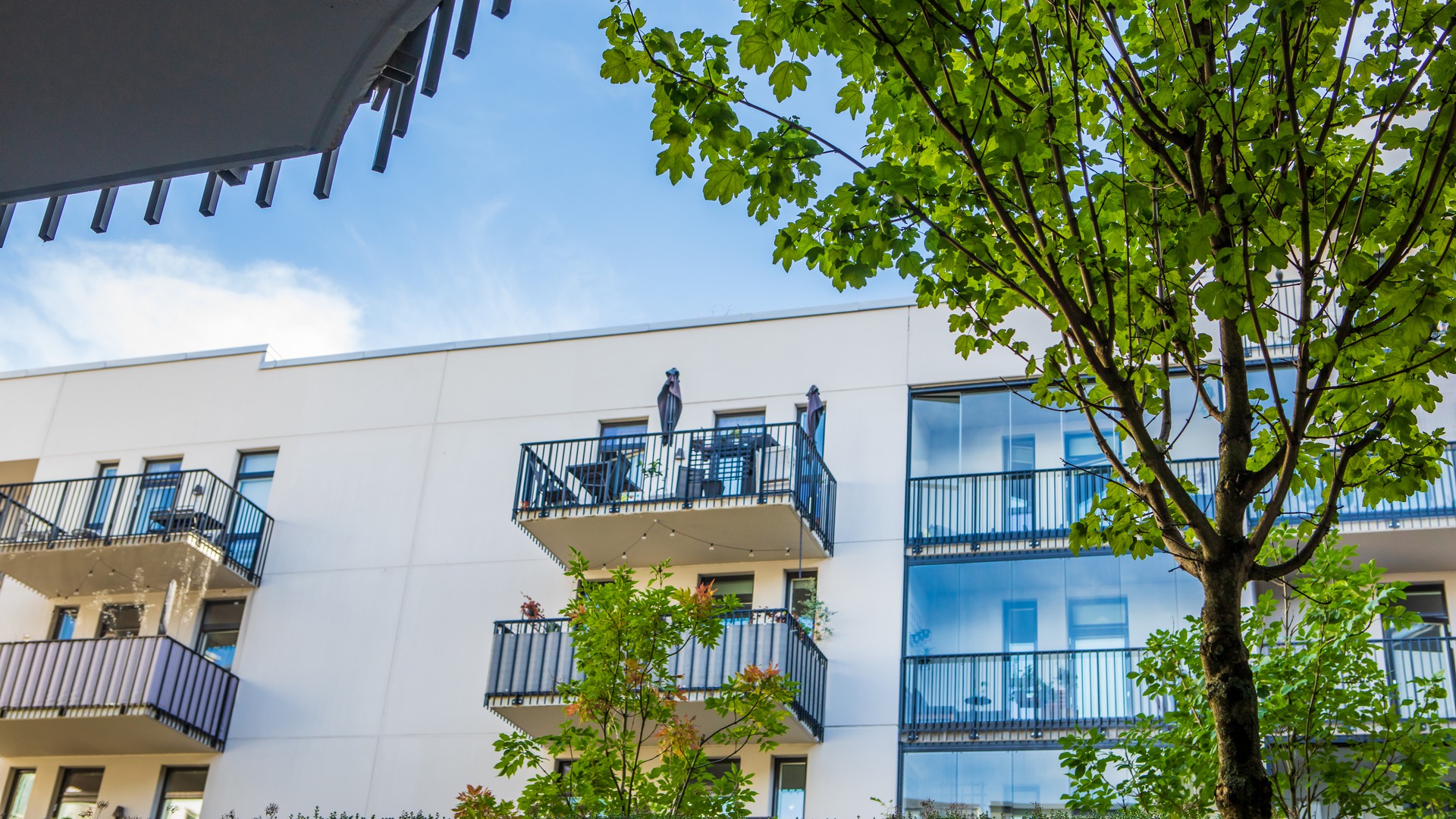EduSinglePage
Denna kursen ges som del av program:
Kursinnehåll
The course aims at introducing 3D printing and robotic fabrication and their implementation in architecture and construction. The students will be introduced to the latest methods and techniques for parametric design concepts using digital fabrication.
The course teaches the students digital modelling and prototyping techniques to achieve high efficiency in fabrication. They are introduced to contemporary construction systems and technologies using practical applications of geometry and digital modelling used to realize complex, parametric architectural forms. 3D printing and robotic fabrication is the main focus. The course will focus primarily on structural and surface systems, and look at how digital fabrication, installation and supply chain management systems are generating the efficiencies for mass customization of building systems.
Behörighetskrav
General entry requirements + English 6, Mathematics 2a or Mathematics 2b or Mathematics 2c, Science studies 1b or Science studies 1a1+1a2 and Civics 1b or Civics 1a1 +1a2 The eligibility requirements in natural sciences are also met with: Chemistry 1, Physics 1a or Physics 1b1 + 1b2. Courses from Swedish upper secondary school.
In addition, approved courses in the subject areas of built environment, architecture, urban planning, construction technology or equivalent of at least 30 credits are required.
Kurslitteratur
Aktuell litteraturlista finns i kursplanen
Kursvärdering
Malmö University provides students who participate in, or who have completed a course, with the opportunity to express their opinions and describe their experiences of the course by completing a course evaluation administered by the University. The University will compile and summarise the results of course evaluations. The University will also inform participants of the results and any decisions relating to measures taken in response to the course evaluations. The results will be made available to the students (HF 1:14).

